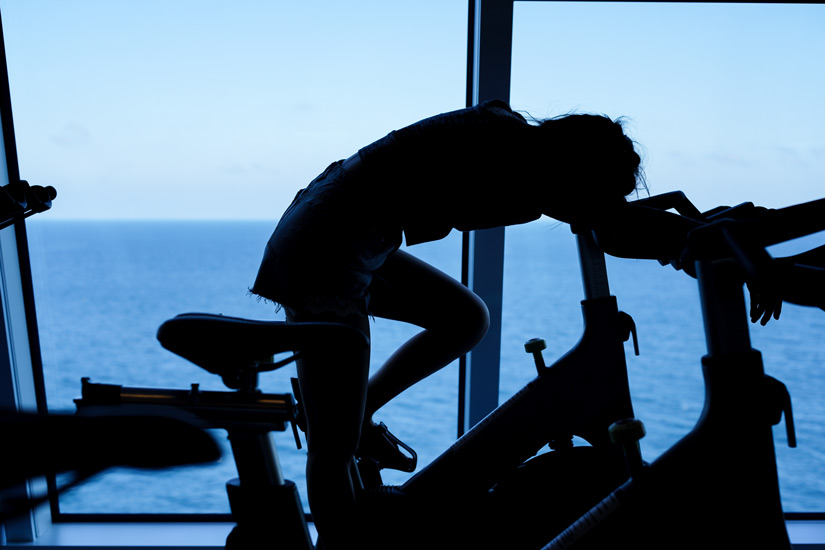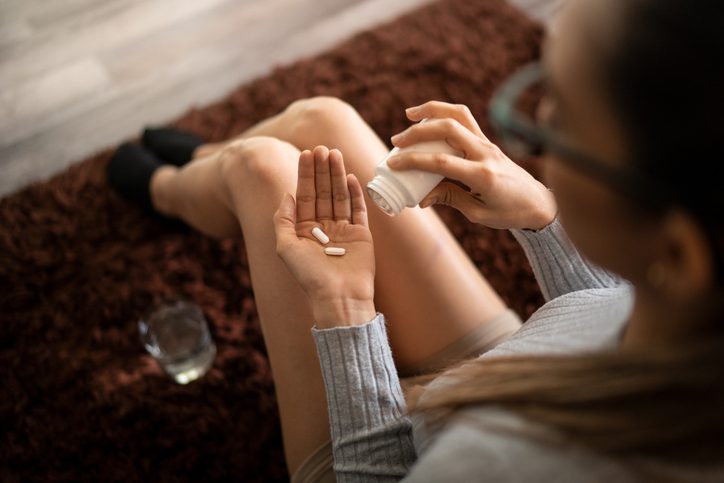Substitutions
When it comes to substitutions, some are good and some are bad and some are complicated.
- Substituting a new player for a tired or injured player in sports: good.
- Substitute teachers: bad (though it’s no picnic for them, either).
- Sugar substitutes: pluses and minuses.
In the context of substance use disorder recovery, substitute addictions fall squarely in the second category—they are bad.
They can also be sneaky. Substitute addictions can develop without you realizing it or before they are well established. How does this happen and what should you do about it? Let’s take a look at what constitutes a substitute addiction and then consider a few examples.
What Is a Substitute Addiction?
Let’s imagine that you have gone through the treatment process—detox and rehab—and are setting out on your recovery journey. You are no doubt working hard to maintain your sobriety, and you are well aware of what relapse triggers to avoid. For example, you don’t want to succumb to boredom or loneliness. You want to be sure to have strategies for dealing with cravings as they arise. And you want to manage challenging emotions like anxiety.
And so you develop routines and take up activities that can help you stay sober. That’s just what you should do—as long as you make sure you are maintaining a healthy balance in your life. If one activity or another starts to take up an increasing amount of your time, causes you to make unhealthy or unwise decisions, and/or dominates your thoughts and keeps you from enjoying other things, you may be dealing with a substitute addiction. And make no mistake: a substitute addiction is still an addiction—and it can increase your chance of relapsing with drugs or alcohol.
Substitute Addiction Example: Shopping
Many people enjoy shopping as a recreational activity. Maybe they are collectors always on the hunt for the next addition to their collection. Maybe they enjoy looking for new clothes to keep up with the latest styles. Maybe they just find the act of browsing through stores to be relaxing and a fun way to spend time with friends.
But sometimes shopping can get out of control. For someone in recovery for a substance use disorder, shopping might become a substitute addiction. The pleasurable feeling of finding something wonderful in a store is the main appeal of recreational shopping. But for someone in recovery, that feeling may stand in for the good feelings they used to associate with drugs or alcohol. When that happens, the desire to shop might grow and grow as the person seeks that rush of good feeling.
The results can, of course, be disastrous. An addiction to shopping can quickly result in serious financial difficulties, can damage relationships, and can lead to anxiety and depression as a person shuttles between the excitement of shopping and the remorse of spending too much or acquiring things they neither need nor have space for.
Substitute Addiction Example: Exercising
There is no denying that regular exercise can be truly helpful for people in recovery. Exercise supports not only our physical health but our mental health as well. And an exercise regimen can introduce a regular routine into our days and defend against boredom. When exercise is a group activity, it helps battle loneliness. Getting in shape is also a goal-based activity, which can help support sobriety as you reach your goals and set new ones. Whether you take up a sport, join a health club, or get some exercise equipment to use at home, the benefits of exercises for those in recovery are substantial.
Still, it is possible to go overboard when it comes to exercise. If you find yourself feeling anxious or irritable if you miss a workout, you might take a step back and consider the role exercise is playing in your life. How much time are you spending engaged in exercise? If you are pushing yourself to (or even past) the point of exhaustion—you may well be dealing with a substitute addiction.
An addiction to exercise can lead to other issues, too—especially if you injure yourself and end up relying on pain medication that can threaten your ongoing sobriety.
Many Things Can Become Substitute Addictions
Shopping and exercise are just two examples of the many activities in our lives that can become substitute addictions. Gambling, sex, eating (or not eating), working—the list goes on and on.
On its face, that might seem alarming. After all, you don’t want to spend your recovery in a state of hypervigilance, constantly worried that you are replacing your addiction to drugs or alcohol with an addiction to something else.
But our intention here is not to provoke alarm. Rather, it is to point out the importance of balance in our lives. Striking a healthy balance in various areas of our lives is an essential part of the recovery journey. So check in with yourself now and then to ensure that no one area of your life is taking over and serving as a substitute addiction.
There Is No Substitute for Treatment
A substance use disorder can upend a person’s entire life. Entering treatment—including detoxification and rehabilitation—is the best way to set things right again. At Bel Aire Recovery Center, we are here to help you or your loved one get on the road to recovery. And once the recovery journey is underway, we are committed to a continuum of care that will provide the necessary support and resources to make lasting sobriety achievable. There is just no substitute for our top-notch care.




